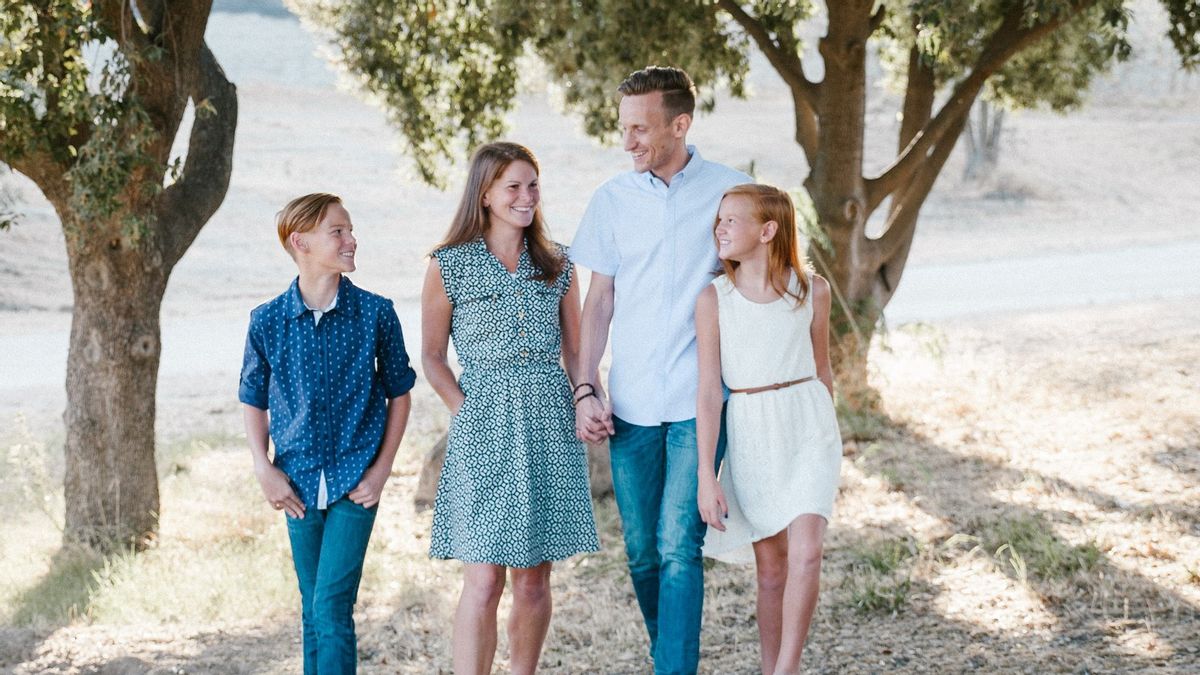JAKARTA - Bullying or bullying often has bad effects, both for perpetrators and survivors. A number of studies have shown that bullying creates a bad mental effect for both of them.
So, the role of the smallest environment of children and adolescents is needed to provide education so that they do not become bullies.
Before explaining what roles parents can play in educating their children, VOI will explain the types of bullying to build awareness of prevention.
Know the types of bullying
In general, the three categories included in bullying behavior are as follows:
Physical bullying
Bullying is a detrimental act, first, carried out by the perpetrator with physical touch such as hitting, slapping, punching, stomping on the feet, tackling, spitting on, yelling, throwing things, and giving physical punishment.
Verbal bullying
Unlike the previous types of negative behavior, verbal bullying is carried out by the perpetrator through dropping words which are often not realized.
Verbal actions that are detrimental include swearing, insulting, slandering, spreading gossip, yelling at, giving nicknames, shouting at, and humiliating.
Mental bullying
Mental bullying is invisible, sometimes even unspoken or not physically touching. But by looking at cynical, threatening views, ignoring, staring, terrorizing through social media and private messages, sneering, isolating, humiliating are included in mental bullying.
Considering the role of parents is very important for their children not to bully, here's what parents can do.
The role of parents in educating children
Introducing about differences
Every individual has differences, starting with how to behave, region of origin, ethnicity, race, belief, and class. This difference needs to be addressed and taught to children as colors in social life.
Also abilities, interests, physical condition, and family background also become a variety of colors that need to be recognized positively. This means that it is necessary to teach not to be hostile and ridicule or not to underestimate people who have differences.
Provides teachings on how to communicate
Communication is a social medium and keeps us connected to the outside world. So children need to be taught how to communicate that does not contain the intention of 'belittling' and treating others well with polite language.
Teach about the context of right and wrong behavior
In books there is a great deal of textual knowledge regarding right and wrong actions. However, in everyday life children need guidance from their parents about what is wrong and what is right.
For example, it would be wrong to pick up a pencil that didn't belong to him at school. In the context of this behavior, it is necessary to know the background and reasons for taking the belongings of a friend. And given an understanding of how to behave properly.
Discuss often
When children begin to access a lot of information about the outside world, parents need to often invite their children to discuss. By exchanging opinions and identifying events around them, children will be better able to judge which behavior is right and wrong.
Support against bullying
When experiencing bullying, children often keep it to themselves and don't tell the closest person. So, try to build a strong emotional closeness so that children are able to tell anything they are experiencing, including those that have been overlooked by parental supervision.
To fight bullying, parents also need to support their children to fight it. This is also the right way to build children's awareness so as not to ignore the bullying around them.
The English, Chinese, Japanese, Arabic, and French versions are automatically generated by the AI. So there may still be inaccuracies in translating, please always see Indonesian as our main language. (system supported by DigitalSiber.id)













